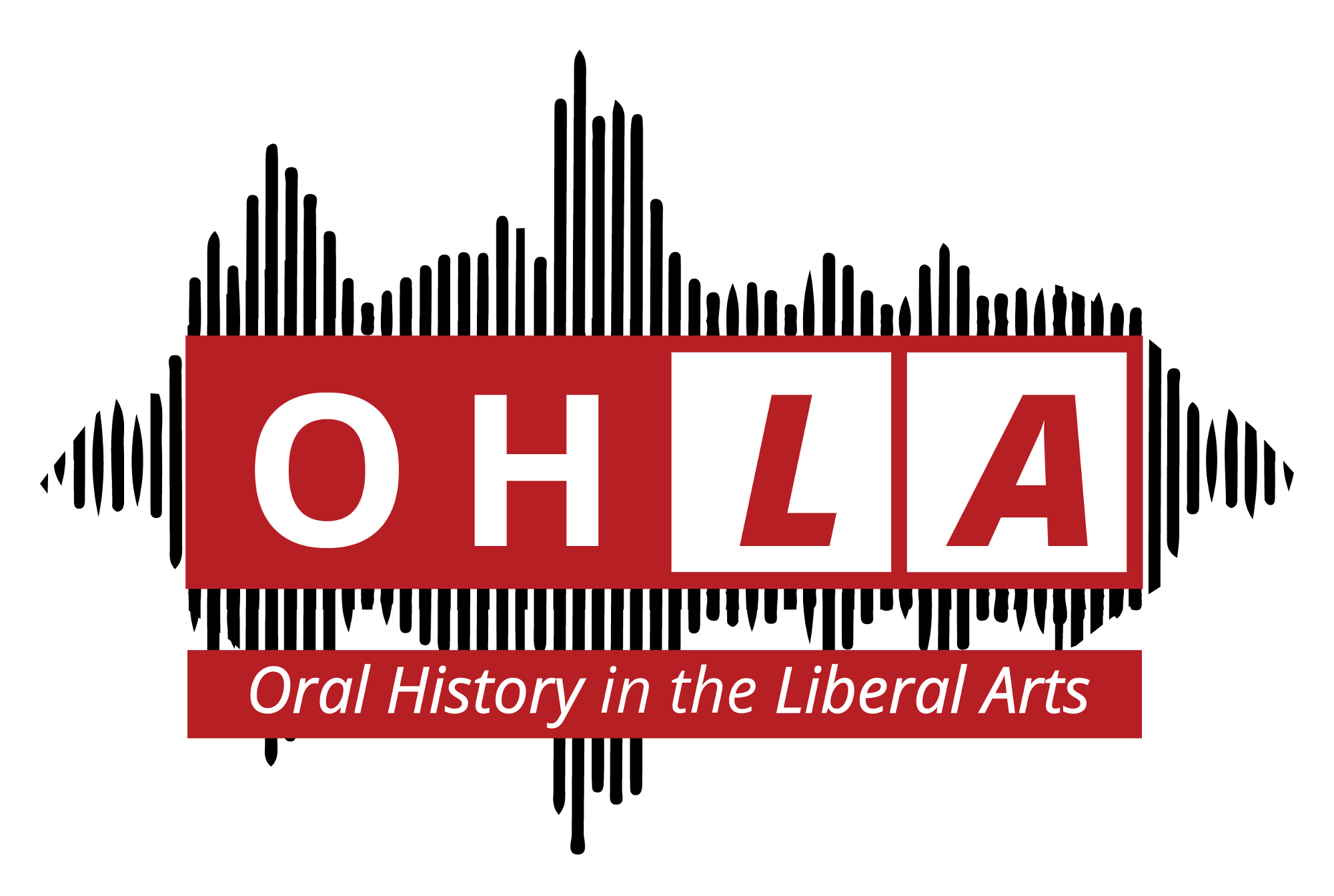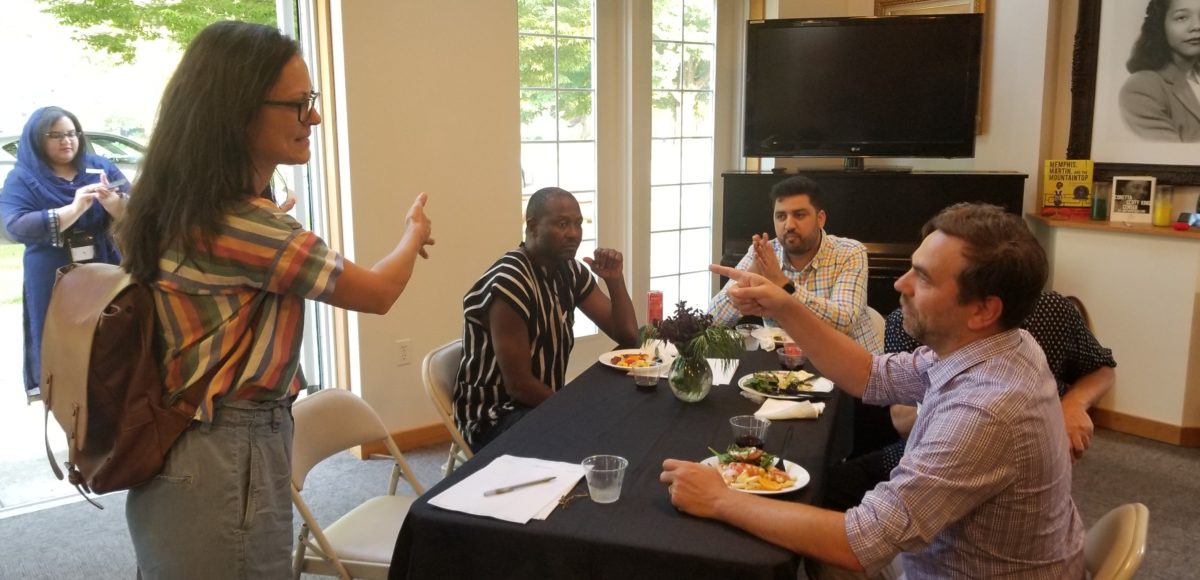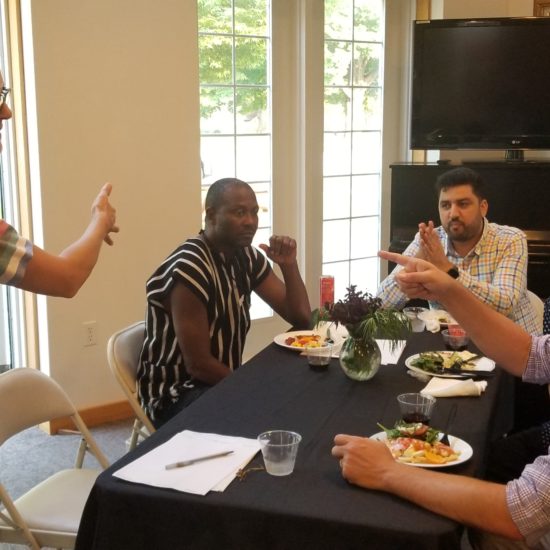Project Statement
Retelling Everyday Voices of Peace
Adamawa State is located in Northeast Nigeria. The state has a good demographic spread, with recognizable numbers of foreign nationals and over a hundred different national ethnic communities and languages. Adamawa state can be rightly described as a gracious pluralistic society. Like other communities, Adamawa state communities also suffer high level of destructive conflicts. For example, the notoriously raging herder-farmer crises and the famous Boko Haram terrorist insurgency. The criminal elements and residual impacts of these unwanted occurrences are still casting weary concerns on the people of the state and beyond. Conflict scenarios in Adamawa state are usually confronted with multi-track of interventions. Track I comprising of military blitz and criminal and court justice is usually applied first and above all. Official and non-official Track II interactions between the adversary local communities, Track III grass-root mobilizations and Track VI private or personal interventions are often facilitated by various local and international actors and Non-Governmental Organizations. These 3 tracks are variegated in the provision of relief and other support assistance to facilitate peacemaking, economic rebuilding, restorative justice, human development and rehabilitation and reintegration. While these multi-track or dimensional interventions remain recommendable, one significant support activity is clearly missing or left unexplored. That is the recognition and use of the local and international cultural voices of peace in Adamawa. There are significant and useful cultural voices and gestures of peace that can be equally exploited for conflict experiences in Adamawa state.
In the above light, this project will explore the various voices and gestures of peace from the local and international communities living in Adamawa state. In other words, my intention as a researcher is to understand from you and other interviewees the different vocal and gestural expressions of peace from your respective cultures and how they can be used to advance peace education, peacemaking and peaceful co-existence in Adamawa state.
It is worthy to state that your interview content will be shared in part or in full, in any or all of these ways and the following purposes: audio and video recording, transcription, classroom and other presentations, social media content, documentary production, and will be put in a public digital project accessible on the web using OHMS and other digital storytelling platforms with multi-searching functionalities, or other publishing tools. I may incorporate your narratives and ephemera into future scholarly publications in both written and digital project forms. Should your copyright-released interview materials be featured, they will remain part of the project until it is taken off-line or absorbed by an institutional archive.
Semi-structured questions will be asked to know about the interviewee’s
- Self and cultural background
- Personal experience of any conflict and an intervention efforts in Adamawa state
- Cultural voices or spoken words of peace
- Gestures or acts of peace that are found in their culture
- Suggestions on how their cultural voices and acts of peace be promoted and used.
Ethically, your will your willingness to suspend, discontinue or withdraw from the interview at any time you feel or choose to do so, or to convey to me any concern you may have about the interview in the post-interview period will be totally respected. Feel free to contact me at any time with your concern or questions at petergenger@aun.edu.ng
Listen to the Interviews
This project is in the fieldwork phase. Searchable interviews coming soon.
Additional Materials
This project is in the fieldwork phase. Links to archival materials coming soon.
Funding & Support
This project is supported by the Andrew W. Mellon Foundation through the Great Lakes Colleges Association’s Global Liberal Arts Alliance.



